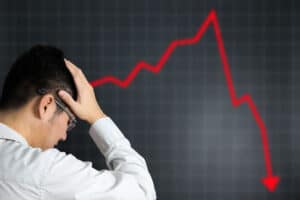Warren Buffett’s Berkshire Hathaway is known to most investors in the United States. This multinational conglomerate has been an outstanding investment over the long term. Berkshire’s holdings include many large-cap, blue-chip companies. AAPL, KO, AXP, and BAC are four of the largest companies in the Berkshire portfolio. Some other smaller Berkshire holdings include familiar names such as; Dairy Queen, Clayton Homes, Duracell, NetJets, Benjamin Moore, and Fruit of the Loom. In its simplest form, Berkshire looks for companies that they can understand and then buys these companies at prices that they are comfortable with. Many companies in the portfolio are owned 100% by Berkshire. The stock of Berkshire “B” shares has increased from $300 per share to $319 thus far in 2022.
A recent Barron’s article discussed a similar, albeit, much smaller conglomerate called Graham Holdings, ticker( GHC). Like Berkshire, GHC has a solid balance sheet. GHC was known as the Washington Post Company until the newspaper was sold to Jeff Bezos in 2013. Some of the portfolio’s more prominent holdings include local TV stations, the Kaplan Education business, manufacturing and health care operations, auto dealerships, and restaurants in the Washington D.C. area.
Graham Holdings is not followed by many analysts on Wall Street. The company does not talk much. Several analysts that follow the company feel these shares are very undervalued. The family controls the company through a nonpublic, supervoting stock, making a takeover unlikely. Recent purchases include a consumer internet company and a Virginia-based Ford Dealership. Graham’s CEO, Tim O’Shaughnessy, has also been buying back the company stock. O’Shaughnessy feels that there is a “substantial delta between our share price and our intrinsic value.” With stock prices at all-time highs, well-run, undervalued conglomerates might make sense in many investors’ portfolios in 2022.

